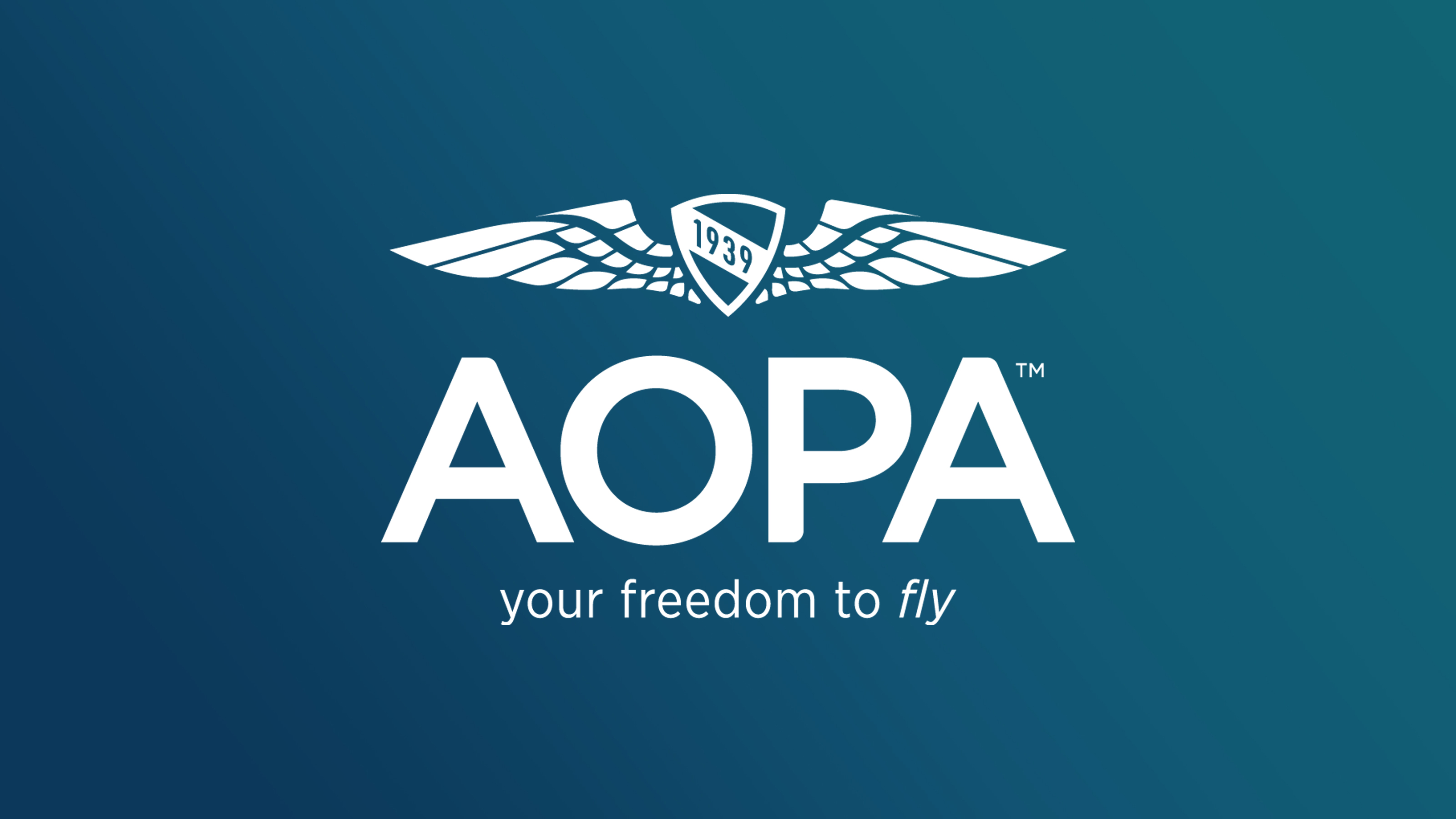-
About
- Close
-
PPS Benefits
- Close
-
Coverage Overview
- Close
- Participants Only
-
Resources
- Close


